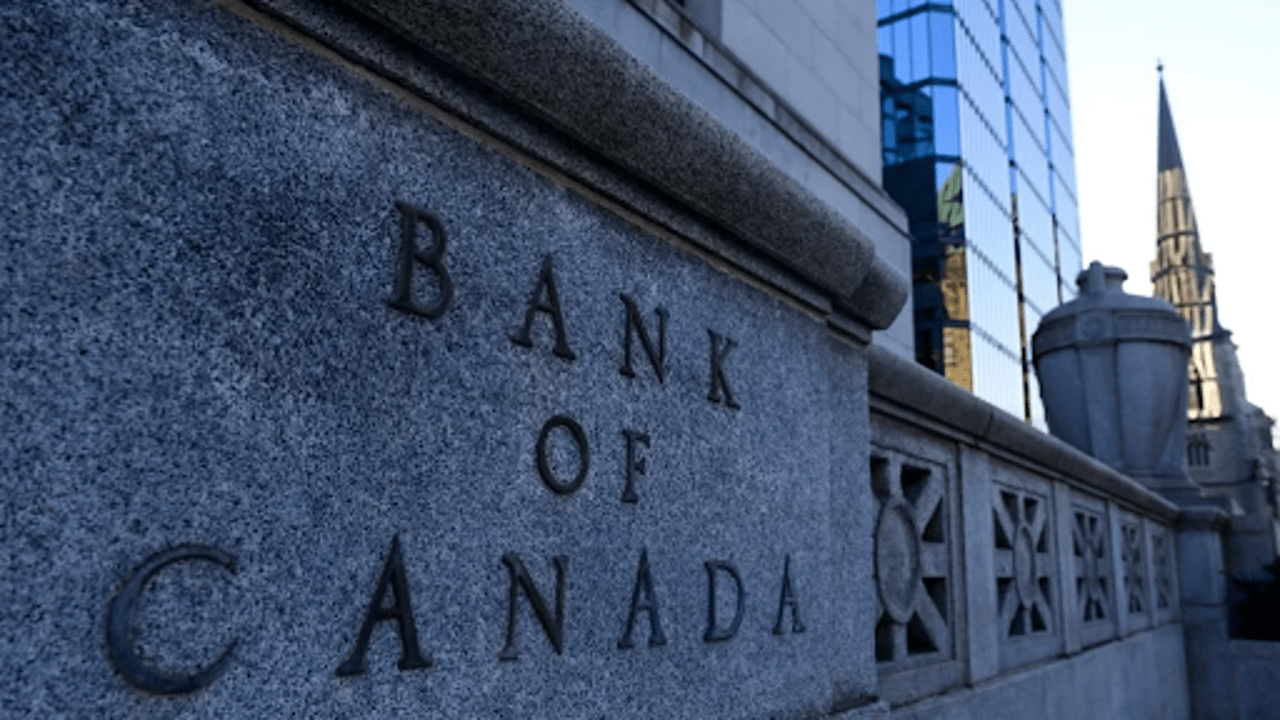
The Bank of Canada has lowered its key interest rate by 0.5%, bringing it down to 3.25%.
The Bank of Canada has lowered its policy interest rate by 50 basis points, bringing it down to 3.25%. This move, aimed at stimulating economic growth, is accompanied by ongoing efforts to normalize the central bank's balance sheet.
Globally, economic trends align with the expectations outlined in the Bank's October Monetary Policy Report. In the United States, the economy shows resilience, driven by strong consumer spending and a healthy job market, though inflation remains a concern. In Europe, signs of slower growth are emerging, while in China, policy measures and robust exports have supported growth, though household spending lags. Financial conditions have eased worldwide, and the Canadian dollar has weakened against a strong U.S. dollar.
In Canada, third-quarter economic growth was weaker than expected, with GDP rising by only 1%. Factors like reduced business investment, lower inventories, and declining exports contributed to this slowdown. However, consumer spending and housing activity improved, reflecting the impact of lower interest rates. Recent revisions to historical GDP data revealed stronger investment and consumption over the past three years than previously recorded.
Canada’s unemployment rate climbed to 6.8% in November, with job growth failing to keep pace with the expanding labour force. Wage growth has slowed slightly but remains high relative to productivity levels. Several government policies are expected to influence short-term economic dynamics. Reduced immigration targets may temper GDP growth in 2025, while measures such as a temporary suspension of the GST on certain goods, one-time financial payments, and changes to mortgage regulations could reshape consumer spending and inflation patterns.
Additionally, uncertainty looms over potential U.S. tariffs on Canadian exports, which could further complicate the economic outlook. Despite these challenges, inflation has hovered around the Bank’s 2% target and is projected to stay near that level over the next two years. Temporary measures like the GST holiday may slightly reduce inflation, but this effect will fade once the policy ends. Core inflation trends remain a critical metric for monitoring price stability.
Given slower-than-expected economic growth and the persistence of excess supply in the economy, the Bank’s Governing Council decided to lower the interest rate further to support economic recovery and stabilize inflation within the 1-3% target range. The Council emphasized a cautious, data-driven approach to future rate decisions, focusing on maintaining inflation near the 2% benchmark.
The next update on the overnight rate target is scheduled for January 29, 2025. The Bank will also release its updated economic and inflation outlook, including an assessment of risks.















